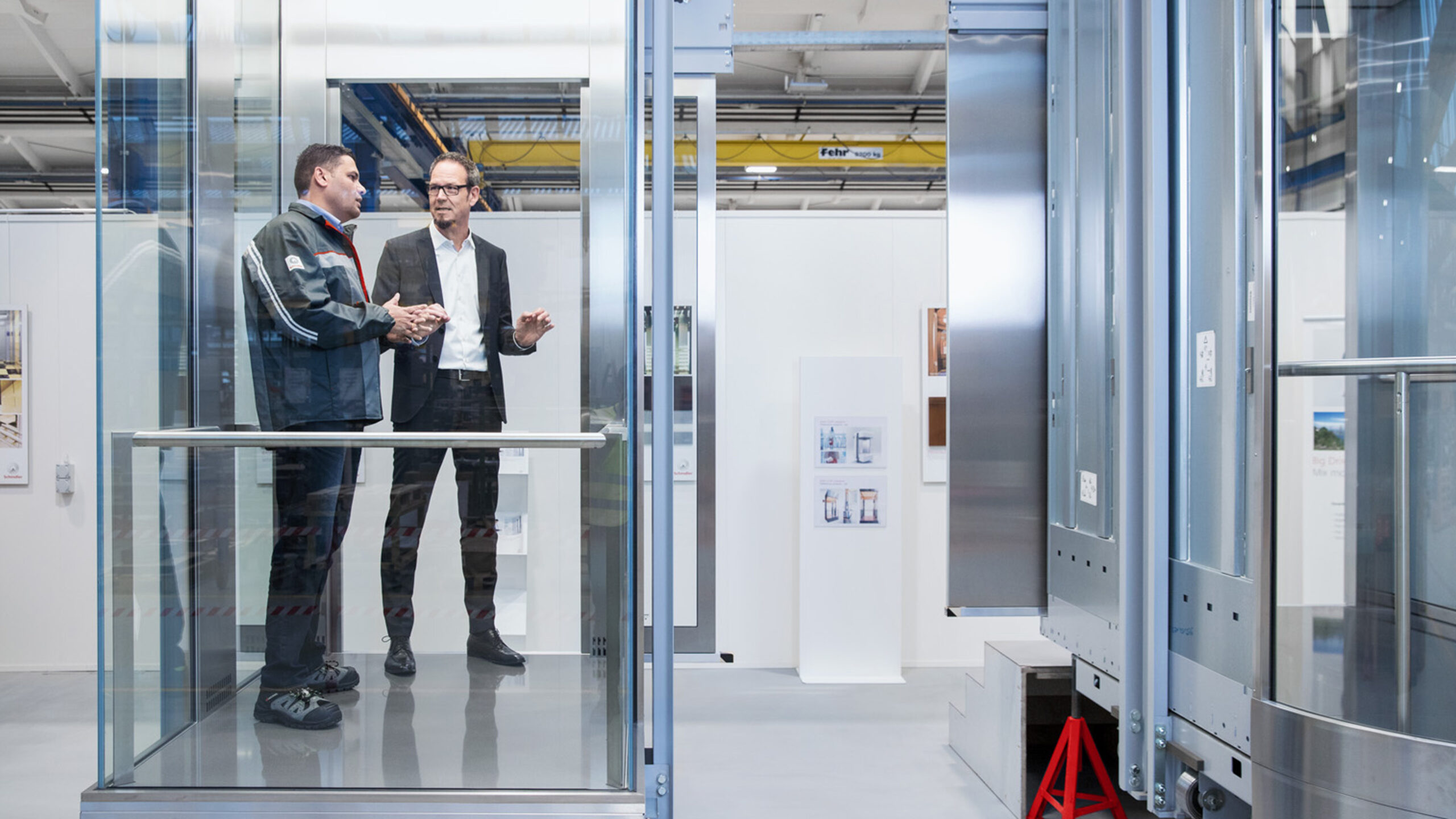Did you know, the USA has an estimated 1.1 million elevators in service today?
We rely on elevators for ease of access, freight, and convenience – both commercially and residentially. That’s why it’s so important to keep them in good working order.
Elevator inspections prevent malfunction and failure, making them an integral part of building safety. If you have an elevator inspection coming up, it pays to know what to expect. Otherwise, you could be hit with a costly repair or replacement bill.
Read on to find out more about what you can expect during an elevator inspection for your business.
Regulations
Commercial elevator inspections are regulated at a federal level by the Occupational Safety and Health Administration (OSHA).
OSHA mandates that elevators must be inspected annually. However, some state agencies require checks every six months. Make sure to check your own state regulations for details.
Your state may also have different inspection requirements to the national standard.
Who Will Perform the Inspection?
A licensed inspector must carry out elevator inspections. The licensing requirements for inspectors vary from state to state.
If the elevator fails a routine inspection, the contracted elevator inspector will immediately inform the building owner or management. They will then provide a rundown of the maintenance required to bring the elevator up to code.
These repairs are generally taken care of by an elevator maintenance company. You should look for a comprehensive elevator maintenance contract to keep costs down if your elevator needs maintenance.
What Will the Inspection Involve?
During a routine inspection, the inspector will go through an inspection checklist to ensure customer safety. This will include the following items:
Inside the Car
The inspector will check inside the car for any signs of damage to the elevator body. They will ensure that the doors open and close freely, and replace any non-functioning lights. Finally, the inspector will test the control panel and emergency phone.
Outside the Car
An elevator inspector will inspect the door panels, find and replace any broken lights on the elevator doors, and test the fire alarm system outside the car.
Elevator Shaft
The inspector will look on top of the car to check for any damage to the cables. They will inspect and test the brake mechanism, and ensure employee safety by verifying the emergency exits. Then, they will check the hoistway for any signs of vandalism.
Machine Room
In the machine room, the inspector will test the wiring and oil levels of all machinery and ensure there is enough headroom for technicians to work safely. Any mechanical defects will be noted and reported.
The Pit
Finally, the inspector will check the pit for debris or water. They will ensure necessary clearance and access to the pit area and check for any damage to the elevator frame.
Elevator Inspections Guarantee Building Safety
So, that’s what you can expect from your next elevator inspection.
The routine inspection of your elevator system is a crucial part of building safety. By making sure your elevators are up to code, you can guarantee their security and functionality for years to come.
Did you find this post helpful? If so, be sure to check out our other articles for everything you need to know about business, advertising, marketing, and more.
Read Here:
Mass Notification System Market Report
